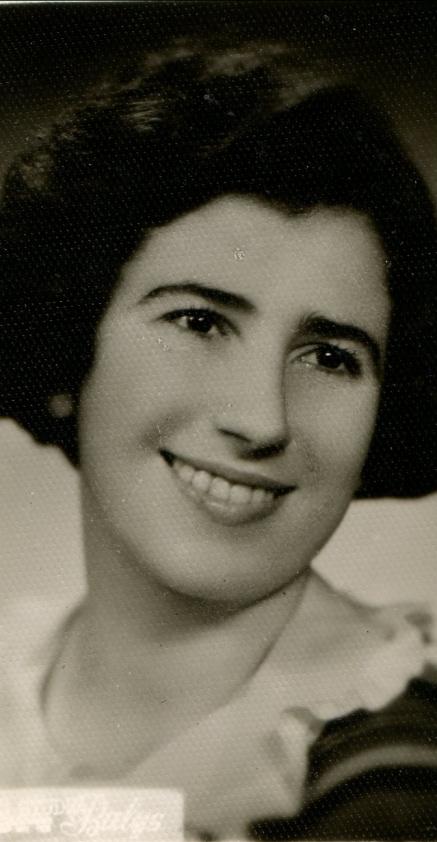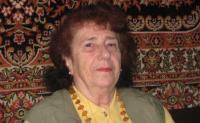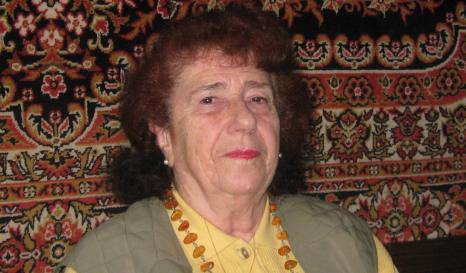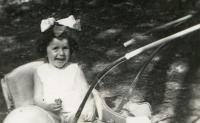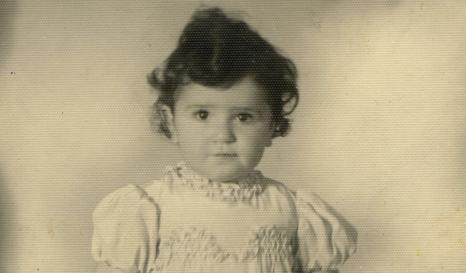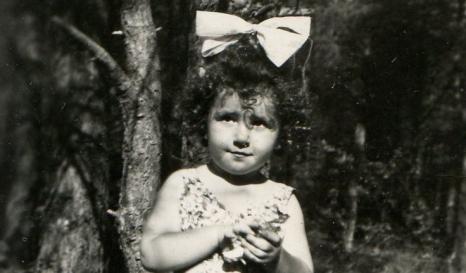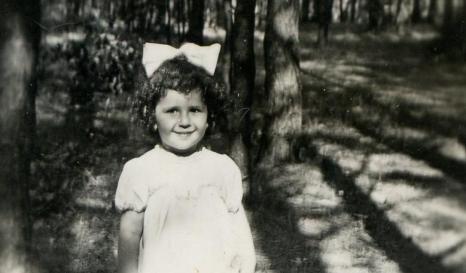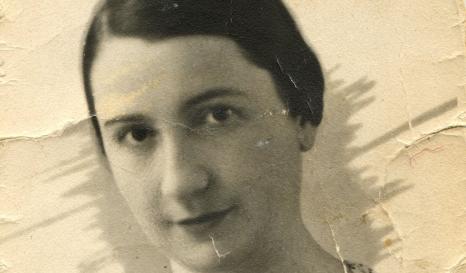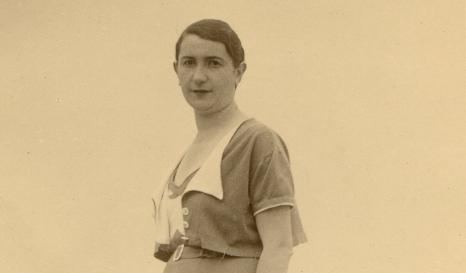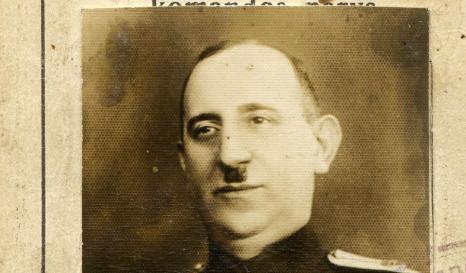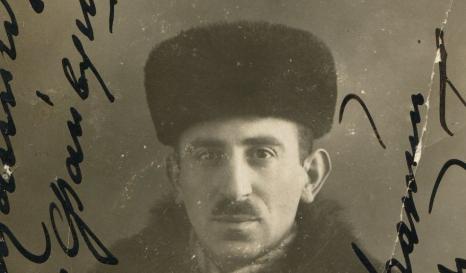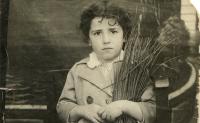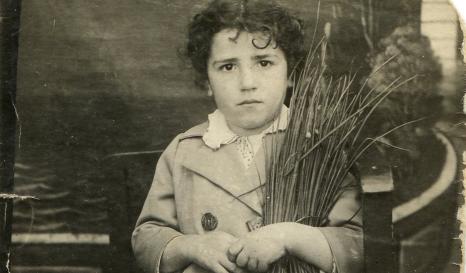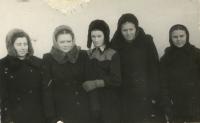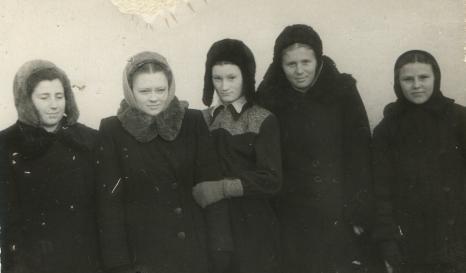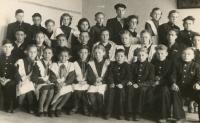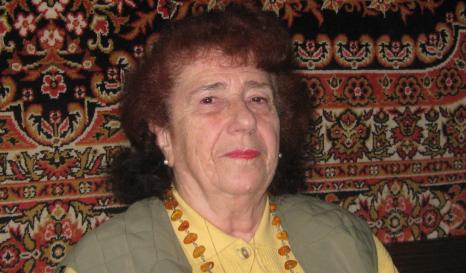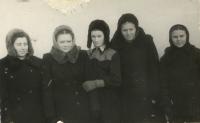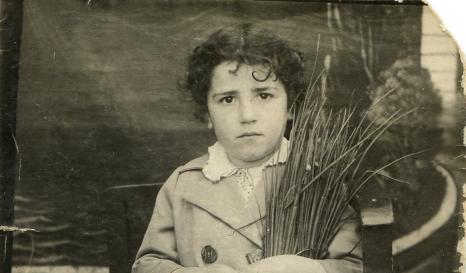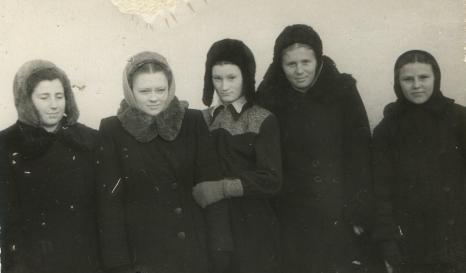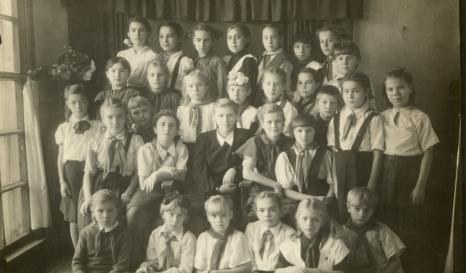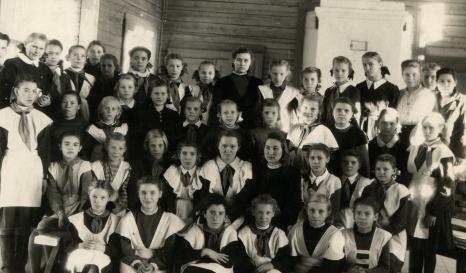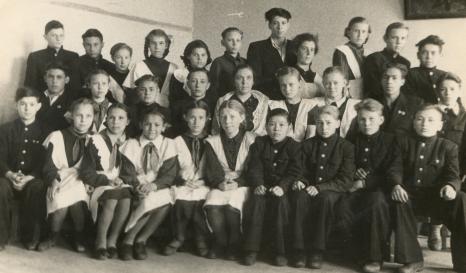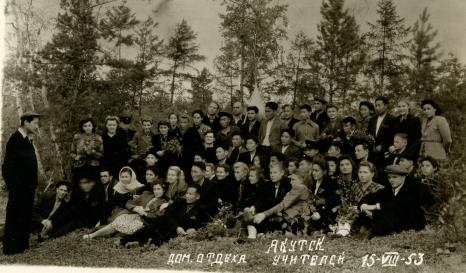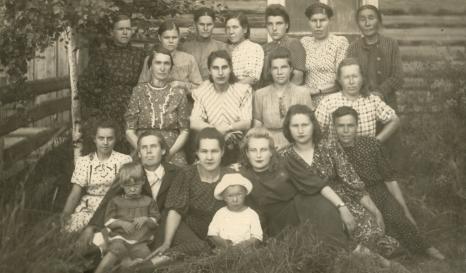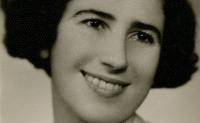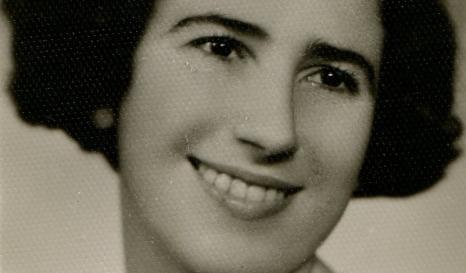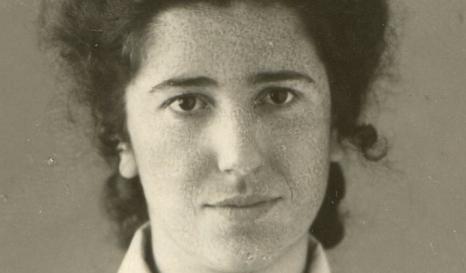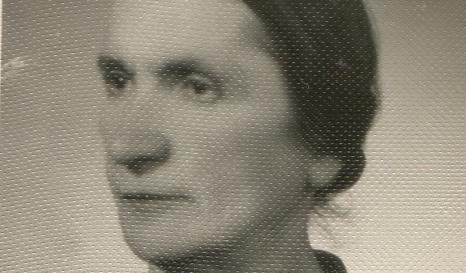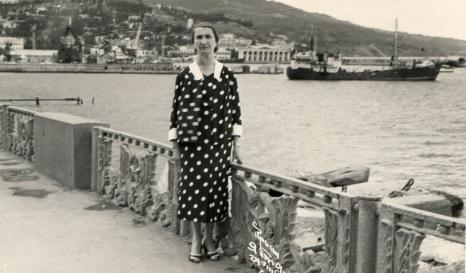BioGraphy
Anna BARKAUSKIENĖ
Anna Barkauskienė was born in Kaunas in 1938. Her father was an engineer and her mother a doctor, which turned out to be important later. Twice she escaped almost certain death. First, ironically, because her Jewish family was deported in June 1941, only days before the Germans invaded Lithuania and annihilated the Jewish population. Her father was not sent to a camp, because he was ill, but went with his family, who were deported with many other Lithuanians to the Altai. They expected to spend their years in exile there, tending a patch of land as a vegetable garden to survive and eke out the scarce food they had. But this “respite” did not last long, because Stalin had other ideas and ordered fishing to be developed in the estuaries of the Siberian rivers on the frozen coast of the Arctic Ocean. So in summer 1942, the family was put on a train to Irkutsk with thousands of other Lithuanians, and then on barges along the River Angara, and then down the River Lena to Yakutsk. They were then supposed to start off again down to the mouth of the Lena on the Laptev Sea, where only very few of the “ice children” would survive the terrible winter of 1942-1943 on the coast (among them, Irena Ašmontaitė and David Jozefovitch). She and her mother and father would have most likely died of hunger and cold by the ocean. But a group of deportees had the idea of listing the professions of the people in their convoy and went round the various government offices offering their services. The severe shortage of skilled labour as a result of the war meant that, with NKVD approval, 800 of those in the convoy were allowed to stay in Yakutsk and work in conditions the exiles found much better. Anna’s mother became a nursing assistant, well below her qualifications. Her father weakened and died.
And so they survived until Stalin’s death, and then tried to return to Lithuania. Anna and her mother first gained permission in 1954 to live in Omsk, where Anna could study. Anna’s uncle, like other deportees and their family members, sent one petition after another to various eminent persons. Anna’s mother hoped that in this way she could obtain the backing of highly-placed or recognised personalities, such as the Chairman of the Presidium of the Supreme Soviet of the Lithuanian SSR, Justas Paleckis, whom she had treated before 1939, when he was still only an obscure journalist.
Anna was released from deportation in 1954 and received her first passport, enabling her to return to Kaunas. Her mother joined her a few months later.
The interview with Anna Barkauskienė was conducted in 2010 by Marta Craveri.


